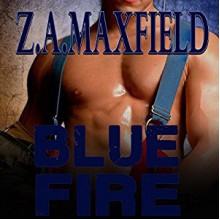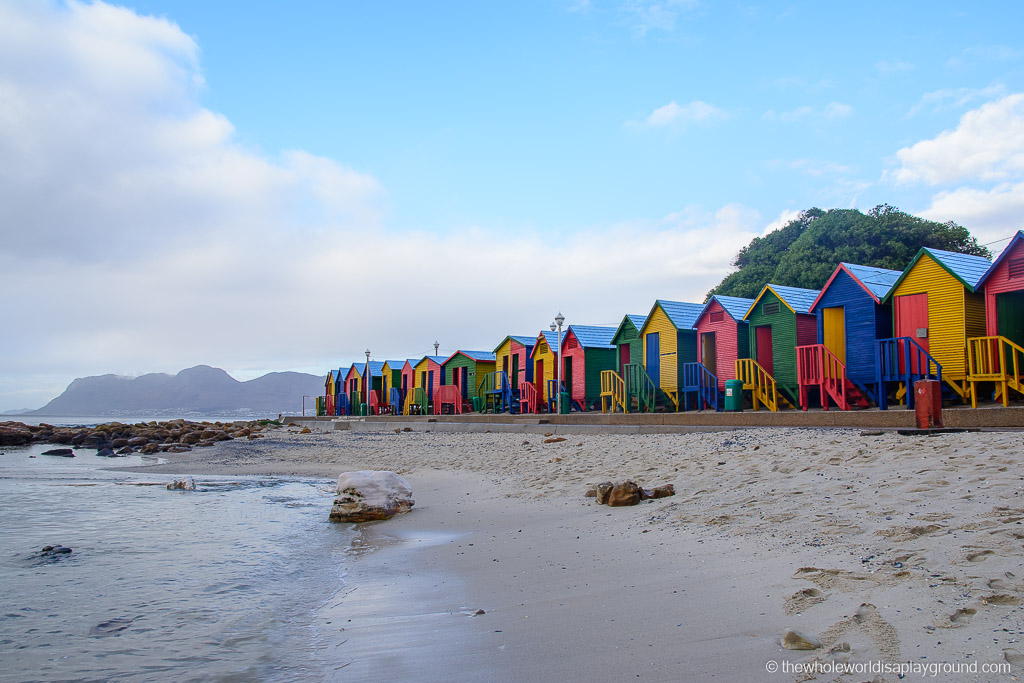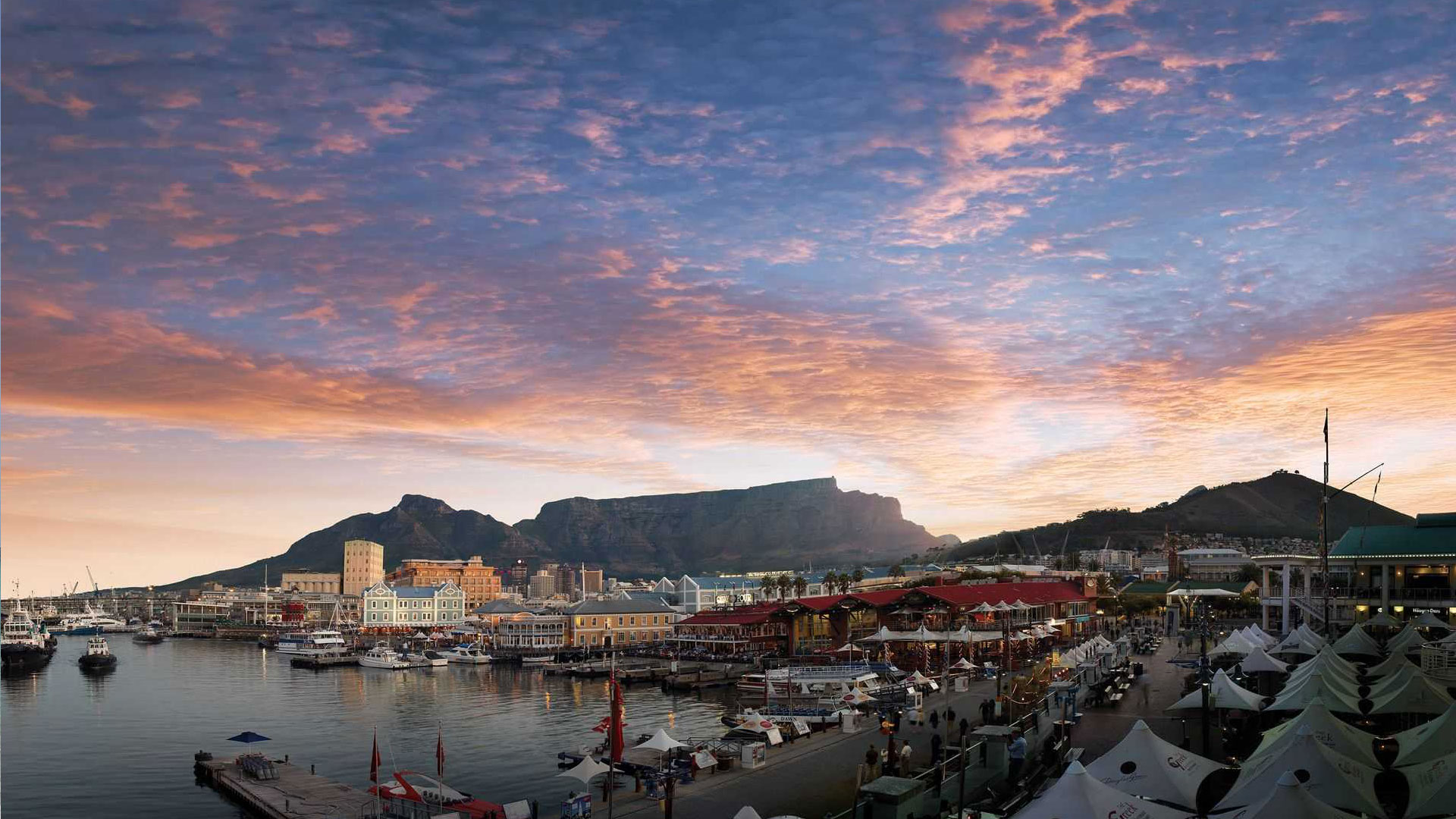


I got this as a free e-book from the University of Chicago Press - thank you! This is a weird, wacky book; historical fiction—with an emphasis on fiction— where true-to-life luminaries touch the peripheries of the lives of our main characters. As far as I can tell, there is only a tiny bit of truth regarding Gordon McKay here, and it comes only at the end of the story in a wrap-up. But honestly, who cares? This is a tale of westward migration with Geraldine Brooks' attention to detail and eye for quirky facts, along with the unnerving sexuality of an old VC Andrews story (If I say that a Sister and Brother - twins - figure into the plot, you'll know which one I mean.) I learned about bee-keeping, kiln making, and a bunch of other things I never would have googled until now; McMahon packed a lot into this slim volume, which is totally worth the time if you are up for an adventure.

since I first read this story and I enjoyed the audio book every bit as much as I originally enjoyed reading it.
When Jared lost his home to fire, he thought he'd lost everything but what he'd forgotten was that when one door closes another one opens and this was comes in the form of a handsome fireman with the most amazing blue eyes and a determination to rescue Jared not just from the fire but from the overwhelming sense of loss that it's left him with, but when another fire ignites between Jared and Adam...Jared runs and he doesn't stop...until fire once again brings tragedy to Jared's door making him realize that running was only taking him away from what he'd been searching for.
I think I'd truly forgotten how much I loved this short, sweet story about second chances. Jared and Adam are hot and while Jared may have run from Adam what he couldn't deny was the passion they shared. There's a bit of an age difference here but while it was part of the story it didn't overwhelm the story and I have to honestly admit this is one of the few times that I can say that while I know there's an age difference I'm not sure exactly how much it is...I think it's somewhere in the 10 to maybe 15 year range but pretty sure it's closer to 10.
Once again Shannon Gunn was the narrator for this audio book and I really enjoyed his performance on this one. I got 3 hours of an emotion filled story with a narration that added depth to the story and the characters. Truthfully I can see me doing a replay on this one. I like Adam and Jared and I like the depth and strength that this narrator's voice has given to their story.

Blue Fire was originally published in 1969. Apartheid in South Africa officially ended in 1994.
This was a classic gothic romance, centered around a young woman, Susan, who returned to the place of her birth as the new wife of Dirk Hohenfield. She and her mother, Claire, had abruptly left South Africa many years before as the result of events surrounding the smuggling and loss or theft of a large blue diamond.
Consistent with my prior experiences with a Whitney novel, she shows a solid command of her setting. The newly reissued Open Road editions have a bit of a Whitney bio at the end of the books, where her meticulous research into her settings is discussed. In addition, Whitney visited every setting that she wrote about with one exception (not this book) occurring late in her career because she was too ill to travel. Her descriptions of Cape Town South Africa effectively immersed me in the story.


As I mentioned in one of my update posts, Susan's new husband has, shall we say delicately, issues. It's obvious from the beginning of the book that there is something very suspicious going on related to Susan and her father, Niklaas, and that pesky missing diamond. In classic romantic suspense form, it's unclear for a long time who the real bad actor is in the story - is it Dirk, is it Mara, Dirk's former lover who coolly informs Susan that she intends to win Dirk back, even if that means hurting Susan, is Niklaas himself, is it John Cornish, the mysterious writer who seems intend upon hurting Susan's family, is it Willi or Thomas, two of the servants?
And we, of course, end up in a classic chase scene on a mountain top after our heroine, Susan, who is occasionally dumb as a box of hammers, decides to accompany the villain on a trip up the mountain by cable car.

A cable car which I was delighted to find still exists. Who is the villain, you might ask?
It's her asshole husband, of course. Not surprising given his behavior throughout the book. Whitney conveniently causes him to plunge to his death after he tries to murder Susan!
One of the other really interesting aspects of the book was Whitney's overt and unapologetic opposition to apartheid and discrimination.
Susan says, in response to one of the white South Africans basically telling her to mind her own business since she doesn't live in South Africa:
Forgetting herself, Susan broke in. “Why shouldn’t we point our fingers wherever we see prejudice? Lots of us point quickly enough at what exists in our own country—in the North as well as in the South. Racial discrimination ought to be condemned anywhere it exists, no matter by whom!”
And, later in the book, Whitney makes the point:
“There’s the matter of education,” Niklaas pointed out. “You can’t expect the black man from the reservation to stand beside the educated white man or understand the white man’s world.”
“Whose fault is that?” Cornish demanded. “Lack of education is always the excuse given by those who’ve not made enough effort to educate. Time catches up with them. The education must come now. Don’t think I’m unaware of the complexities of the situation, but I can’t help remembering something I heard Rebecca West say not so long ago: that it would be to the glory and honor of South Africa for its people to work together and solve the problem, however difficult. But I see no evidence around me that South Africans mean to rise to the challenge.”
Damn, Phyllis. Good for you.
This is not an issue novel - the rise of "issue fiction" post-dates this book by decades. And this aspect of the book didn't feel gratuitous or forced. It flowed naturally from the story. Comparing this to the overt racism and sexism that shows up in Christie novels from just a few decades earlier is testament to how much difference a few decades can make. But given that these arguments were happening 48 years ago, it's also a sad reminder of how far we still have to go.
I think that Black Amber is still my favorite, but I really enjoyed Blue Fire. Now the only real question is which one should I read next? Which brings me to the interactive part of this review. Should I read:
The Turquoise Mask:
Between jobs and relationships, Manhattan illustrator Amanda Austin decides it’s finally time to take her grandfather up on his request to visit him in Santa Fe. Near death and anxious to reconnect with his granddaughter, Juan Cordova has summoned her to New Mexico so she can get to know her late mother’s relatives. Amanda hasn’t been back since she was five years old, when her mother died under mysterious circumstances—a tragedy no one has spoken of since.
One thing’s certain: This isn’t going to be a pleasant reunion. In the cold and gloomy Spanish hacienda that guards its secrets like a tomb, Amanda is greeted by all like an unwelcome guest. Only when she investigates on her own does she begin to fear the real reason why she was asked here. It isn’t to explore the past, but to bury it for good. Now Amanda’s life is on the line in this house of flesh-and-blood strangers—because one of them is a killer.
Domino:
An assistant editor at a Manhattan university press, Laurie Morgan forged a future in the best way she knew how. She buried her tragic past and her father’s mysterious death so deeply it only returns in pieces of bad dreams. Then, out of the blue—and much to Laurie’s surprise—she’s invited to her childhood home in Colorado by her ailing, long-estranged grandmother, who banished Laurie and her mother twenty years ago and locked herself up in Morgan House along with every one of its secrets. Now, Laurie is being offered the key.
But once she arrives with her lover, Hillary, no one is eager to discuss the past—not her grandmother, the old woman’s suspicious live-in lawyer, her violently hostile nurse, or an old childhood friend. Maybe it’s for the best, though, because once Laurie discovers why she’s been called home, it’s already too late to run. For the hidden tragedies of twenty years ago didn’t happen to Laurie. They happened because of Laurie. And now she must accept the terrible burden of her family legacy—and pay the price.
Poinciana
On the Florida coastline stands Poinciana, the Logan family’s fabulous mansion. Inside its storied walls are the two most prized possessions of patriarch Ross Logan: his invaluable collection of Oriental art and, even more priceless, his new bride, Sharon. When Ross proposed, it seemed Sharon’s dreams had come true and her tragic past was at last behind her. Now she’d be safe and find happiness, a family, and a home as the wife of one of America’s wealthiest and most celebrated oil and banking magnates.
But upon her arrival at the sprawling Palm Beach estate, Sharon can’t ignore the strange undercurrents of hostility emanating from everyone who resides at Poinciana—from Ross’s principal assistant to his reckless and resentful daughter from a previous marriage to his strange and guarded mother, who has isolated herself in a cottage on the grounds. And when Sharon starts asking questions about the Logan family history, even Ross turns from a dynamic and solicitous husband to a dark and silent menace. As secret after secret is revealed, Sharon begins to doubt her sanity—and safety—in this isolated house of strangers.
Comment below with your opinion!